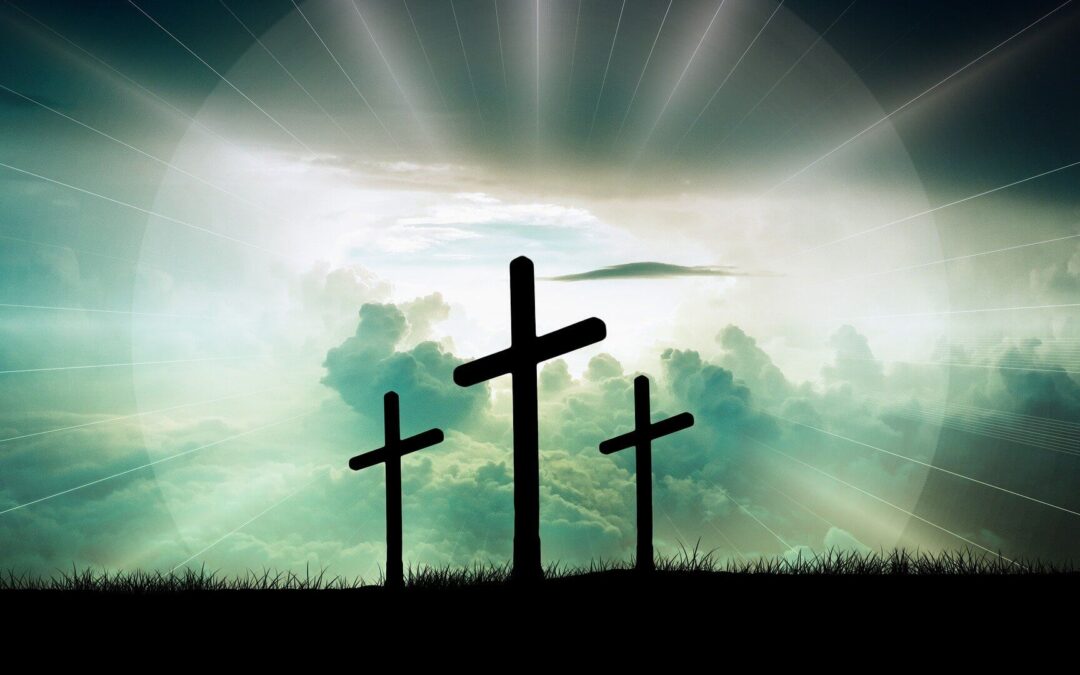He was Rich
“Ye know the grace of our Lord Jesus Christ that, though He was rich, yet for your sakes He became poor…” 2 Corinthians 8:9 KJV
“For you know the grace of our Lord Jesus Christ, that though He was rich, yet for your sake He became poor…”2Corinthians 8:9 NASB
When was He Rich
The verse cited above is replete with worship-prompting truth. It tells of the great down-stooping and self-impoverishment of the Lord Jesus; and He did it for “our sakes.” But when was He rich? The question is especially relevant for those who would teach that the Lord Jesus began His life at Bethlehem. If His existence began then, when was He rich? There were no riches at Bethlehem or Nazareth. The carpenter’s shop afforded no luxury or wealth.
The only viable answer is that He was rich eternally, before ever the world began. He was rich before He ever came into the world.
Why was He Rich
At His word, worlds came into being. He created a universe of millions of galaxies and innumerable stars. He created this globe with its abundant life. The cattle on the hills are all His. But they did not make Him rich. He stored gold and silver in the depths of the earth; but that did not make Him rich. All the material wealth of the world is actually His; yet, it does not increase His “riches” in any measure.
The riches that were His must contrast with His poverty. Since He was rich eternally, the source must not reside in possessions but in His person. Essentially and inherently there is in His person an incalculable wealth.
In What Way was He Rich
In the Old Testament, there is a phrase used of Boaz: “a mighty man of wealth” (Ruth 2:1). This could just as accurately have been translated as a “virtuous man.” His wealth was in his character and not in his crops. Similarly, the riches of which 2 Corinthians 8:9 speak relate to the character of the Lord Jesus. And yet, He did not relinquish the virtues which resided eternally in Him when He became incarnate. The same truth, grace, love, holiness, mercy, longsuffering, etc. were still found in all their abundance in the Incarnate Christ.
What did He relinquish? In what did He become poor? The one great change which occurred is that the glory which He shared with the Father before the world was (John 17:5), was not seen by men. The outward insignia of deity was exchanged for the outward appearance of a peasant laborer. There was nothing “majestic” (Isa 53:2) in His bearing to the eyes of men. There could not have been a greater contrast. Such was His glory when Isaiah saw Him that Isaiah became immediately sensible of his own unfitness for that august presence. Yet here, amidst His own creation, we mocked Him and eventually, in crucifying Him, gave Him the place of utmost shame. Glory was set aside and the poverty of shame was embraced for us.
Consider:
What were some of the other hallmarks of His poverty?
The Lord Jesus possessed inherent glory, moral glory, and expressed visible glory. Why could He not relinquish the first two forms?

